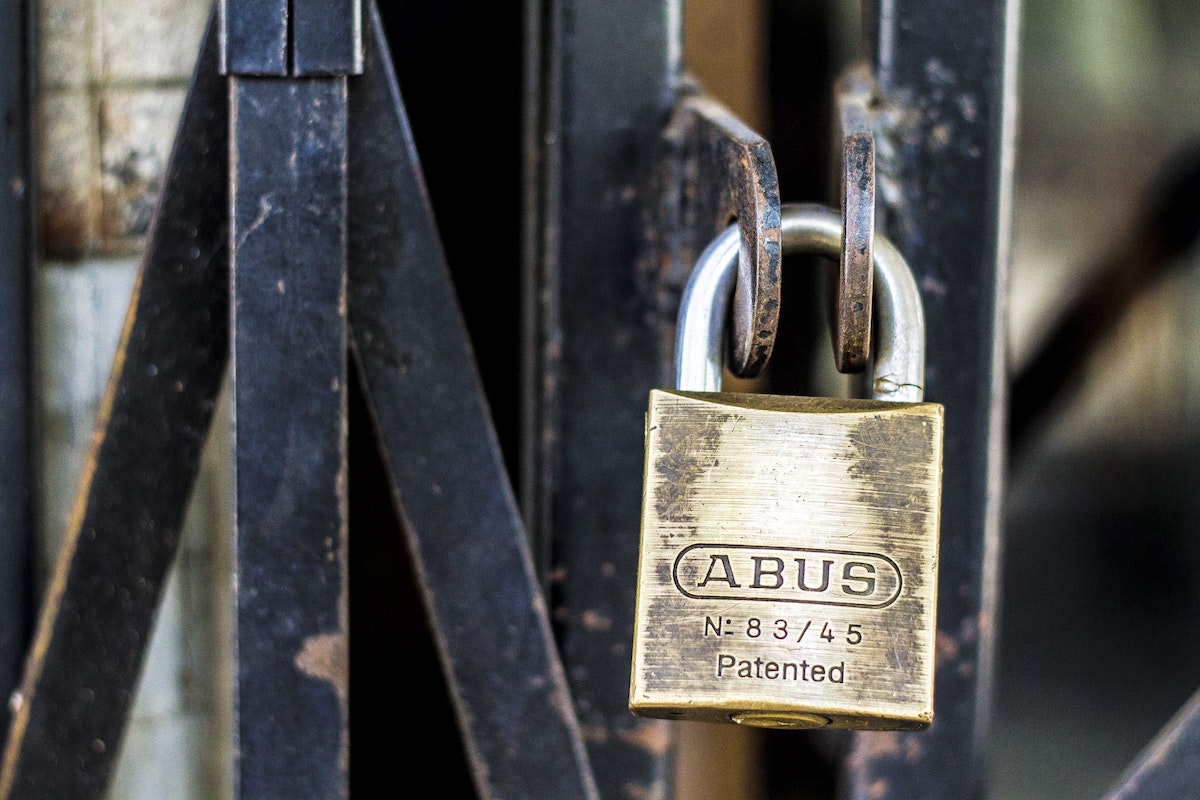
“When someone shows you who they are, believe them the first time.”
Maya Angelou
“The social norm of privacy has evolved over time.”
Mark Zuckerberg
It was 2010 when Mark Zuckerberg talked about the evolution of privacy in a speech at the Crunchies. Yet here we are, 8 years later, in an uproar over the latest privacy scandal at Facebook. And wait—there’s more. News stories recounting theft of our personal information appear on a regular basis. In the past few months alone, Delta, Best Buy, Sears and MyFitnessPal app all announced that their customers’ data was compromised.
And yet, we haven’t changed our habits. We are still glued to our phones; post on Facebook and buy/order (almost) everything online. Some of us are still using free Wi-Fi (cut it out already) even after we’ve been warned that it’s not secure.
So why do we repeatedly ignore experts’ advice? We tell ourselves that it’s about convenience. But there is some cognitive dissonance going in. After all, we have willingly given up our old expectation of privacy so we can use free apps like Waze and Yelp who know where we are and what we’re interested in. And when is the last time you cleared the cache on your computer? (If you have to ask, never mind.)
In return for convenience, we get what exactly? Targeted ads that follow you around because at some point you were looking at a new pair of Asics? A search bar that finishes your words for you based on a recent search? And once we made this grand bargain, whom are we making it with?
Has anyone ever read the terms of service and privacy policy of the sites and apps we use? A few years back I created a personal dating site as a social experiment. I paid a lawyer to create clear privacy guidelines. No one read them. How do I know? Because I was anonymous and people (in this case—men) gave up all of their personal information to a total stranger.
Whose responsibility is it to protect our privacy? Don’t we bear some responsibility?
If I’m the product like on Facebook where they entice me to give them lots of information about where I live and what I like and who my friends and relatives are, does that give them the right to tell me what I see in my newsfeed? Maybe. Because it’s free and I’m at the mercy of their algorithms. Do they then have the right to profile me and sell my data to their advertisers so they can send me targeted ads (because I fit their profile?)? Or in the case of Cambridge Analytica et al, try to hook me with fake news based on my beliefs?
I’ve often said that I’d be happy to pay Facebook for a better experience. No ads and control over my newsfeed. You know, I’d love the ability to read what I want to from people I choose. But that’s not their preferred business model. The real money for the big media companies is in selling ads. Traditional TV campaigns are moving to Facebook and Google. Moving from mass to targeted media. It turns out that selling users as the product is VERY lucrative.
These days, we are being tracked every time we are online (and yes, you can use a VPN- virtual private network- but it can get cumbersome.) And then there are those pesky red light cameras and surveillance cameras following us in the real world. Sometimes they’re helpful, especially after terrorist events and crimes. But mostly bringing us closer to big brother in George Orwell’s 1984. Speaking of which, what about Alexa? She’s always at the ready waiting for my commands. But what else is she listening to? I bet she knows more about my life than my mother.
The reality is that with all of the advantages of our modern, connected, always on world, our privacy will continue to erode. Convenience and connection are here to stay. You can’t put the genie back in the bottle. (Don’t believe me? Try removing a negative story in a Google search.)
What we each need is a strategy to protect what’s truly private (your bank account details, credit cards, passwords) in order to mitigate risk. Live your life. But every once in a while, take a few minutes to check under the hood. Pay attention and proceed with caution.